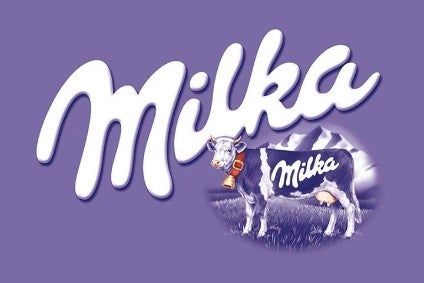
Romania is the latest country to complain about the quality of food products sold in the country by foreign manufacturers.
The country’s consumer protection watchdog ANPC analysed 79 products that are marketed across Europe and came to the conclusion that for 18 of them there are differences between the products sold in western Europe and the ones sold in Romania.

Discover B2B Marketing That Performs
Combine business intelligence and editorial excellence to reach engaged professionals across 36 leading media platforms.
The so-called dual-quality issue has rumbled on for more than two years with a number of Eastern European countries claiming that food products sold in their market are inferior versions of well-known brands sold elsewhere.
In June a report from the European Union looking into whether food manufacturers are selling goods which differ in quality depending on where they are sold found nearly a third of products are at fault in this regard but it did not find clear evidence of a geographical bias.
The ANPC said it has “carried out verification actions in order to compare the parameters declared by labelling in the case of products. marketed in Romania and in the other member states of the European Union”.
Of the 18 products in which it spotted differences – 22% of the total – it noted a lack of consistency in terms of composition (absence of ingredients, presence of other ingredients/additives), the proportions of certain ingredients and differences in regard to the nutrition declaration.

US Tariffs are shifting - will you react or anticipate?
Don’t let policy changes catch you off guard. Stay proactive with real-time data and expert analysis.
By GlobalDataThe products it highlights include Mondelez International’s Milka Whole Hazlenuts chocolate bar, Danone’s Activia Nature yogurt and Unliever’s Knorr chicken stock cubes.
Its findings suggested the Milka product sold in Romania contains 17% peanuts while in Germany the proportion of peanuts is 20% and in France it is 22%.
It says the Danone product sold in Romania was said to contain 121% of the recommended dietary allowance (RDA) of calcium compared to 168% in Finland.
And the Knorr chicken stock cube contained just 0.1% poultry meat while the same product sold in France Denmark and Cyprus contains 1%, ANPC claimed.
Other food companies criticised for the make-up of particular food products were Nomad Foods, Dr Oetker, Ferrero and D’arbo.
just-food has asked Mondelez, Danone and Unilever for a response to the ANPC’s claims.
A Unilever spokesperson said: “Consumer tastes often vary from country to country, which is why we offer 19 different versions of Knorr Chicken Bouillon Stock Cubes across Europe.”



